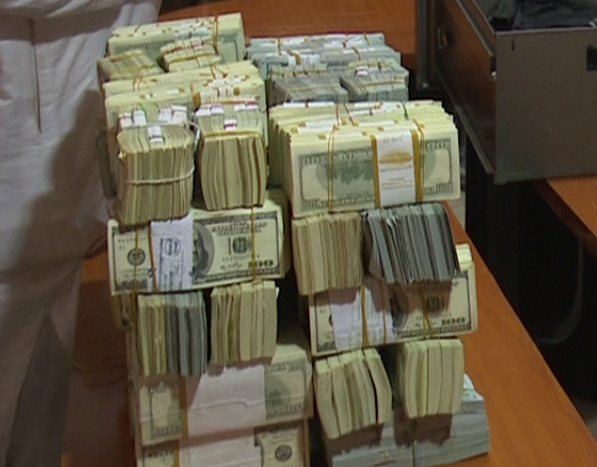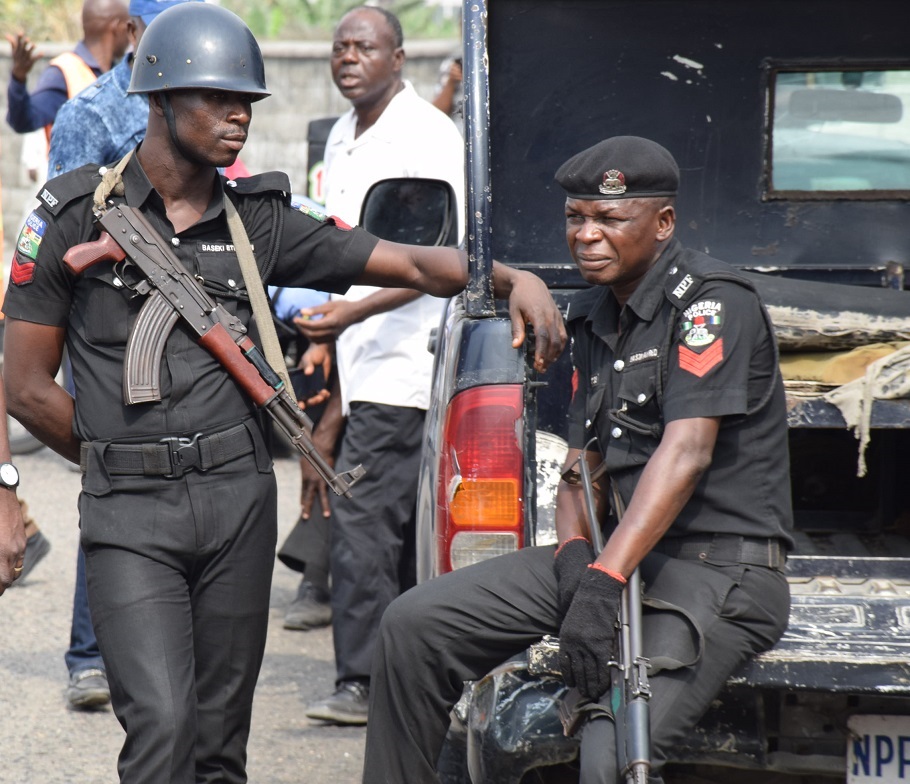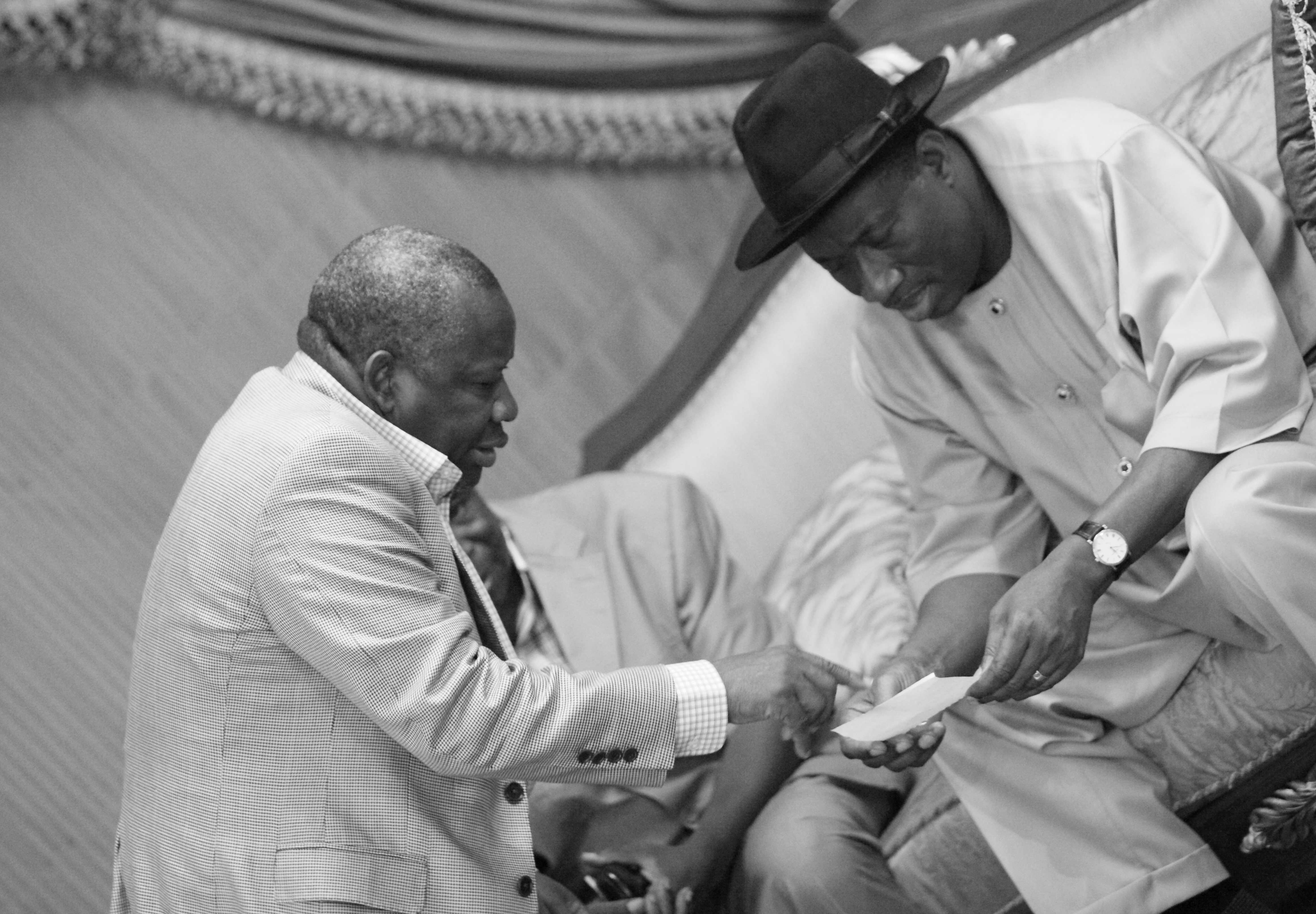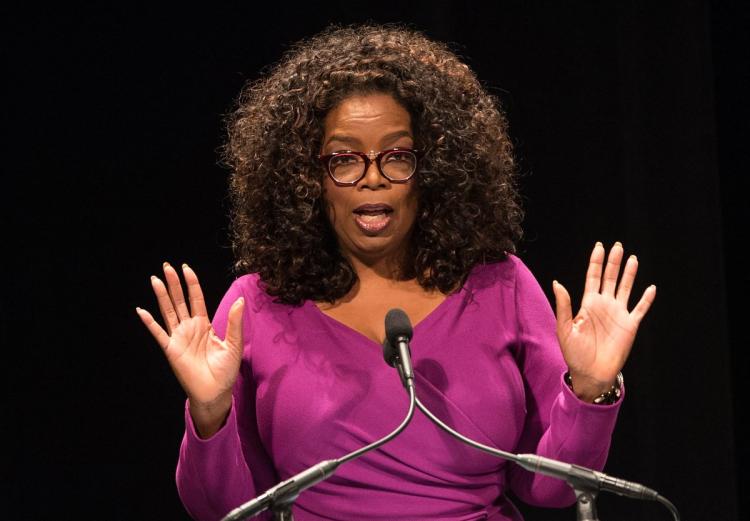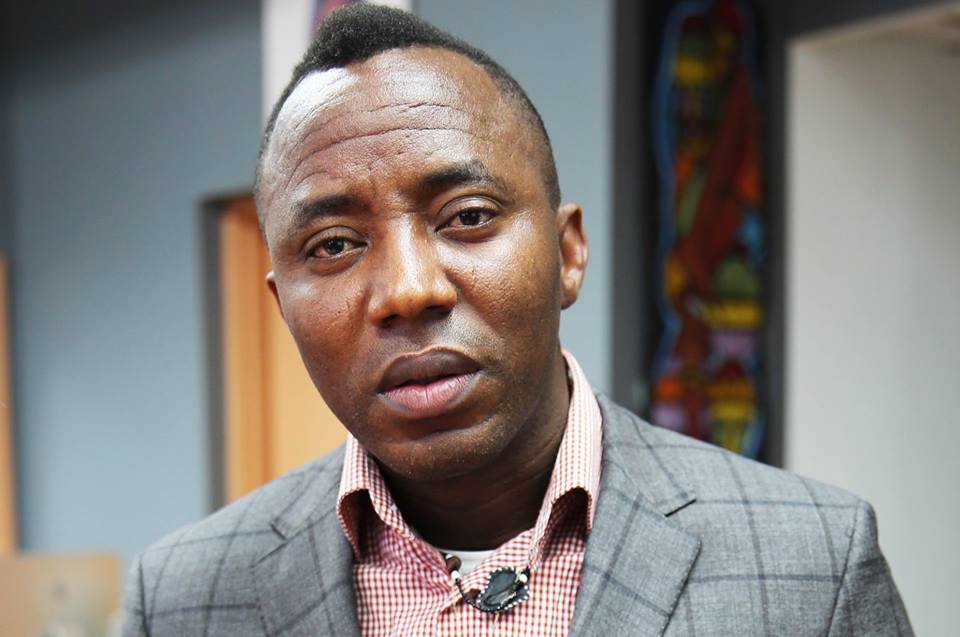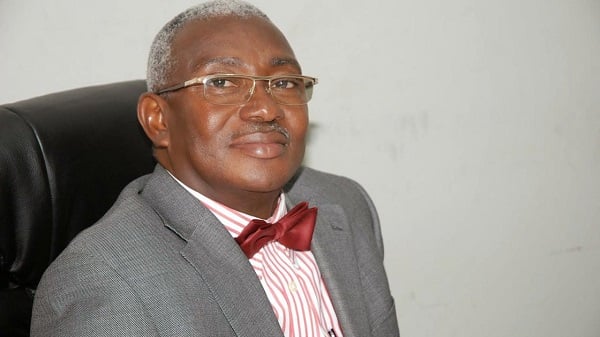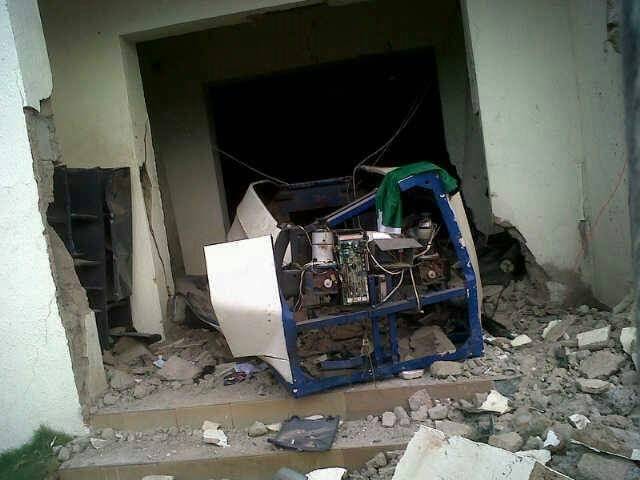For days, maybe for a week or two, the release by the federal government of the list of alleged looters from our nation’s treasury would continue to dominate the news cycle – understandably so. No doubt, the “they-said we-said,” all the “back and forth,” and the “accusations and counter-accusations”—reminiscent of that popular Fela song that has a lot of name-calling and an infectious afrobeat rhythm that just doesn’t leave your head easily—makes for interesting television and is also good for ratings. It would sell newspapers and spike the amount of clicks and visits to blogs. It would spark off conversation in bars and offices, and then it would all fizzle out and nothing much would come out of it.
How do I know this is what will happen? Simple, we have seen it all before, over and over again for about two or three years now. Every time the government in power wants to shut down the opposition or anyone else for that matter, they threaten to put out a list or link them to some list of corrupt public servants. How effective has this been? I guess the jury is still out on that one, so we’ll wait and see.
Would the naming and shaming result in disgrace and embarrassment and cause irreparable damage to the reputation of those that made the list? Maybe. Would the prosecuting authorities investigate, charge and participate judiciously in a trial, until a conviction is secured and all of the alleged loot recovered? Again, I say maybe. Would those so named be sufficiently deterred by the inclusion of their names in a well-publicised list of national thieves, they would never want to seek public office again? I would go with “probably not” on this one.
However, I do know one question that has a definite answer. That question is: would releasing the first “teaser” with six names and the follow-up list which had 23 names that included former governors, ministers, aides and serving legislators bring an end to corruption in Nigeria? The answer is no; it isn’t even a start as far as I am concerned.
Advertisement
I say this because if we want to be honest with ourselves, and we really should because the stakes are high, then we ought to ask those people releasing these names if they have applied the same processes that churned out the names of these alleged thieves and looters on themselves, after all it isn’t for nothing that our wise forebears came with the admonition about charity and where it should begin.
Even amongst the principal officers and top appointees of the ruling party, there have been allegations and finger-pointing by people that have had dealings with them in the past, either as successors in office, co-travellers when the going was good, or former aides, that shouldn’t just be swept under the carpet because these people are now ministers or top government functionaries in an “incorruptible” government.
If the only argument for the “Looter” is that the “Accuser” looted too, then let me place on record that I do not subscribe to it. However, just think how much mileage and goodwill the current administration would achieve in its desperation to reconnect with Nigerians and restore some of its bastardised reputation, and also shed itself of the toga of failure that was recently wrapped around it by former president Olusegun Obasanjo and some other prominent voices from the north and even the clergy, if its Information Minister were to release the source(s) of their own campaign funds.
Advertisement
I am seeing more and more people join the call for transparency on the part of the ruling party as well. How was the multibillion-naira campaign operation that brought the APC into power funded, because I don’t think that a two-million naira bank loan could have paid for the rallies, adverts and all the associated expenses involved in mobilising both aged and under-aged voters to the polling stations on election day.
To be successful, the war against corruption must not be seen to be lopsided. It must not be personalised or perceived as a means of settling personal scores or vendetta. It must not be deployed as a tool to silence critics or people with the capability of putting up a strong political challenge against those in control of the instrumentality of naming and shaming. The fight against corruption isn’t a war fought on the pages of newspapers or in front of TV cameras. The fight against corruption should be total and comprehensive to be taken seriously by those being accused and those watching the drama play out.
Instead of always only mentioning how much has been stolen with every opportunity the Vice President gets, that time should be spent condemning a culture that celebrates questionable wealth on all sides. Family, acquaintances and friends, and even leaders in places of worship, should ask question. Three cars and a house worth one hundred million naira in less than a year in office and no one is asking questions?
When friends and family members transfer the responsibility of paying school fees, funding weddings and funerals, completing house rents, shopping for clothes and paying medical bills on someone else just because they have a good job or hold an office in government, that money has to come from somewhere and it isn’t always from their monthly salary. That is the evolution of corruption.
Advertisement
The unnecessary chieftaincy titles and invitations to chair all sorts of launches and ceremonies too are subtle lures and in fact endorsements to steal and donate to a spurious cause but don’t get caught.
A man who takes a phone that doesn’t belong to him has stolen it, but when people in government and positions of authority take money that doesn’t belong to them, it’s called misappropriation, which doesn’t sound like such a bad thing when they are confronted because to “misappropriate,” you have to belong to a certain class.
If you ask me, I don’t think we should be fooled by the selective release of the names of looters by one party fighting another. What would excite me is if the government consciously invests in technology and systems that makes it harder to loot and easier to dictate when these looting take place. This is what would convince Nigerians that the war against corruption is not a lost battle.
Advertisement
Views expressed by contributors are strictly personal and not of TheCable.
Add a comment

